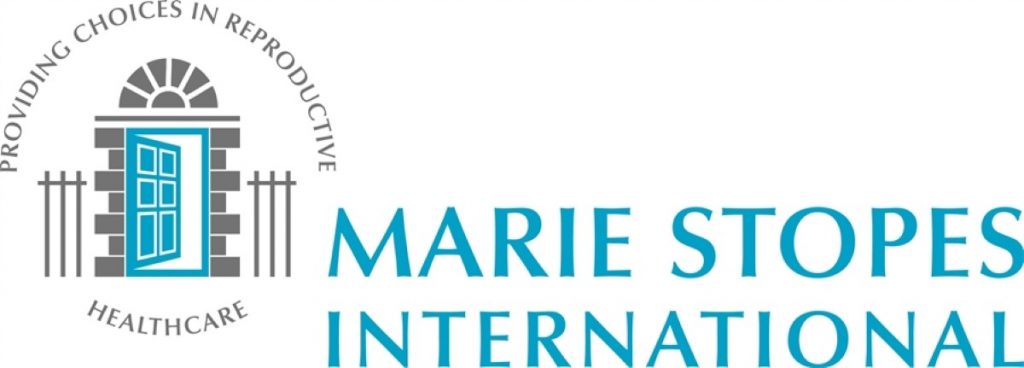Marie Stopes International: Call for health professionals to talk contraception
GPs and nurses are being urged to talk contraception with all their patients in the lead up to World Contraception Day, with a new survey showing more young people are failing to use any form of contraception with a new partner.
Britain’s leading independent sexual and reproductive health provider Marie Stopes International urged GPs and nurses to ensure all patients that were considering having sex or were already sexually active, left a consultation with contraception during the lead up to World Contraception Day on the 26th of September.
One in four sexually active under 24 year olds that responded to a World Contraception survey said they had failed to use contraception with a new partner – up from 20 per cent the previous year.
Young British respondents were more likely than their European counterparts to blame alcohol for failing to use adequate protection, with one in five saying they failed to use contraception because they were “drunk and forgot”.
Confusion and a lack of information about contraception was apparent with almost half of respondents saying they were not very familiar with or were confused about the different types of contraception.
The theme of World Contraception Day is Taking Responsibility for Contraception – and while most men and women said they were both responsible for using contraception – many were still practicing unsafe sex.
Tracey McNeill Vice President of UK and Europe at Marie Stopes International said the results highlighted the need for GPs and nurses to discuss all the contraception options for young people when they visited for unrelated issues.
“This survey shows that more than half of the respondents had already had sex by their 18th birthday and the Government’s own data shows 83 per cent are sexually active by the same age. This highlights a need for GPs and nurses to begin the contraception discussion with younger patients and continue the discussion with older patients.
“It is concerning that as many as one in four sexually active young people are putting themselves at risk of unplanned pregnancy and sexually transmitted infections by failing to use contraception with a new partner.
“We encourage GPs and nurses to talk about contraception with all patients, particularly young patients who may be considering engaging in sexual relationships. We would like to see greater discussion about long-acting reversible contraception in particular, which will provide protection against unplanned pregnancy to a growing number of young people who are forgetting to use contraception in the heat of the moment.”
Susanna, 23, is one patient who has made a decision to have an IUD inserted after receiving advice from her GP.
“I didn’t plan it, but I went to my doctor to get a referral for an abortion and she asked what kind of contraceptive I was going to use. I thought of the Pill and then she suggested a coil. I thought Ok, I will be free from hassle for five years.”
Susanna became pregnant to her boyfriend while on holiday in Greece and said they had often failed to use any form of contraception since she had stopped taking the contraceptive pill.
“The pill made me very anxious, annoyed and angry and that is why I stopped taking it.”
The IUD was inserted when Susanna underwent a surgical abortion procedure at a Marie Stopes clinic last month.
“Now, I don’t have to worry about getting pregnant.”
– ends –
Media contact: +44 (0) 20 7034 2069 (m) +44 (0) 7748 948 257
Notes to editor
Statistics:
. Both men and women rated personal hygiene as the most important consideration – ahead of contraception – when preparing for a date that could lead to sex
. Some respondents that did not use contraception said it was because their new partner preferred not to use protection
. One in three people said that if their partner was thought to have an STI that it was up to their partner to seek a diagnosis and information – even though they themselves could be infected
. 51 per cent of male and 41 per cent of female respondents said they were not very familiar with or were confused about the different types of contraception or didn’t know which method was best for them. Britons were among the least aware in western Europe
. Almost one in four young people believed the withdrawal method was an effective form of contraception.
The research was part of a worldwide survey of 5223 respondents and was funded by Bayer Healthcare. A total of 206 British under 24 year olds (100 male and 106 females) responded to the questions carried out via online interviews by GfK NOP in May 2010.
World Contraception Day
Marie Stopes International is one of 10 global partners to World Contraception Day.
Marie Stopes International
Marie Stopes International is Britain’s leading independent sexual and reproductive health provider, delivering services to more than 100,000 clients across nine centres each year. We are an outcomes-driven health service provider, delivering clinical excellence. Marie Stopes is a not-for-profit organisation working to ensure that men and women can plan their family and have the information, tools and treatments to protect themselves against unplanned pregnancy and sexually transmitted diseases. Internationally, we deliver family planning and sexual healthcare to more than six million people each year in 43 countries. For more information, please visit our website www.mariestopes.org.uk





-01.png)